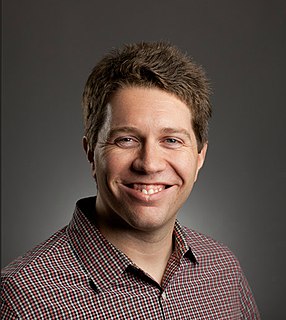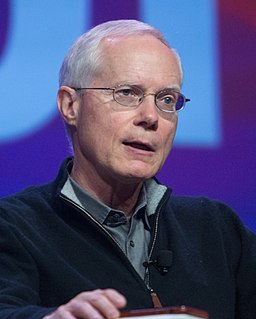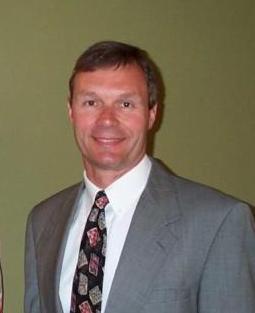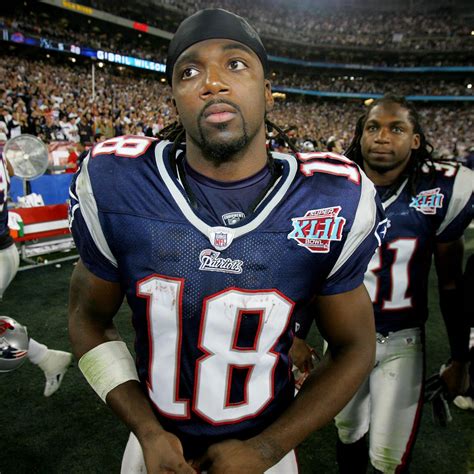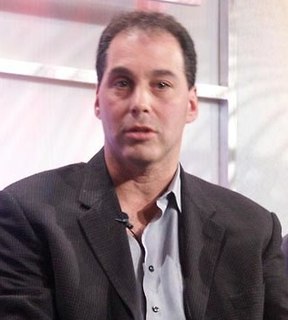A Quote by Garrett Camp
The bigger a company gets, the more people are involved in decisions, the slower decisions get made. Look, the whole theory of startups is that three motivated people can go and do something that every company can't.
Related Quotes
My advice was to start a policy of making reversible decisions before anyone left the meeting or the office. In a startup, it doesn't matter if you're 100 percent right 100 percent of the time. What matters is having forward momentum and a tight fact-based data/metrics feedback loop to help you quickly recognize and reverse any incorrect decisions. That's why startups are agile. By the time a big company gets the committee to organize the subcommittee to pick a meeting date, your startup could have made 20 decisions, reversed five of them and implemented the fifteen that worked.
Every day, there are 770 million Cokes consumed, which means that there are 770 million purchasing decisions made each day regarding the product. To support those decisions, the company must constantly reinvest in its marketing links to its customers. As a result, a high level of creativity must go into everything the company does, from cause-related campaigns - Coca-Cola and its sponsorship of the Olympic Village in Atlanta, for example - to new catch phrases, commercials, marketing slogans, advertising campaigns and promotional tie-ins.
When you're in a start-up, the first ten people will determine whether the company succeeds or not. Each is 10 percent of the company. So why wouldn't you take as much time as necessary to find all the A players? If three were not so great, why would you want a company where 30 percent of your people are not so great? A small company depends on great people much more than a big company does.
I think everyone who makes movies should be forced to do television. Because you have to finish. You have to get it done, and there are a lot of decisions made just for the sake of making decisions. You do something because it's efficient and because it gets the story told and it connects to the audience.
I always hear people saying, "If I can just help one person, or if I can just stop one person from doing what I did." I don't think one person is enough. I feel you can help more than one person, help as many as you can. That's something that I would like to leave as my legacy: That I helped a lot of people and made some people make better decisions after looking at the decisions I've made in my life.
If your cash is about to run out, you have to cut your cash flow. CEOs have to make those decisions and live with them however painful they may be. You have to act and act now; and act in the best interest of the company as a whole, even if it means that some people in the company who are your best friends have to work somewhere else.
